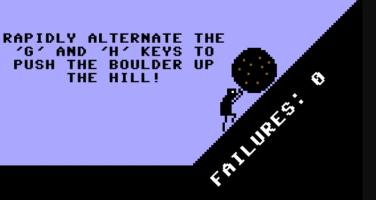

As Jorge Barudy observed in an article in the newspaper El País in 2006, resilience “is the new buzzword. It is used by politicians, sportspeople and self-help gurus”. Indeed, resilience has become a key concept in the contemporary collective imagination, between the 2008 economic crisis and its aftermath and the Covid-19 outbreak. Its Latin root means “to bounce back”, and in the current social context it is used to prescribe an ethos for the ideal citizen, characterised by adaptability, flexibility and the ability to emerge stronger from crisis situations.
Incorporated into the neoliberal discourse, certain types of video game and the fusion of running with social media and gamification have contributed to the expansion of that meaning of resilience in the popular collective imagination. At the same time, however, some video games and certain running discourses and practices raise criticisms, identify cracks and propose alternative ways of understanding resilience.
Click here to watch the conference again
Incorporated into the neoliberal discourse, certain types of video game and the fusion of running with social media and gamification have contributed to the expansion of that meaning of resilience in the popular collective imagination. At the same time, however, some video games and certain running discourses and practices raise criticisms, identify cracks and propose alternative ways of understanding resilience.
